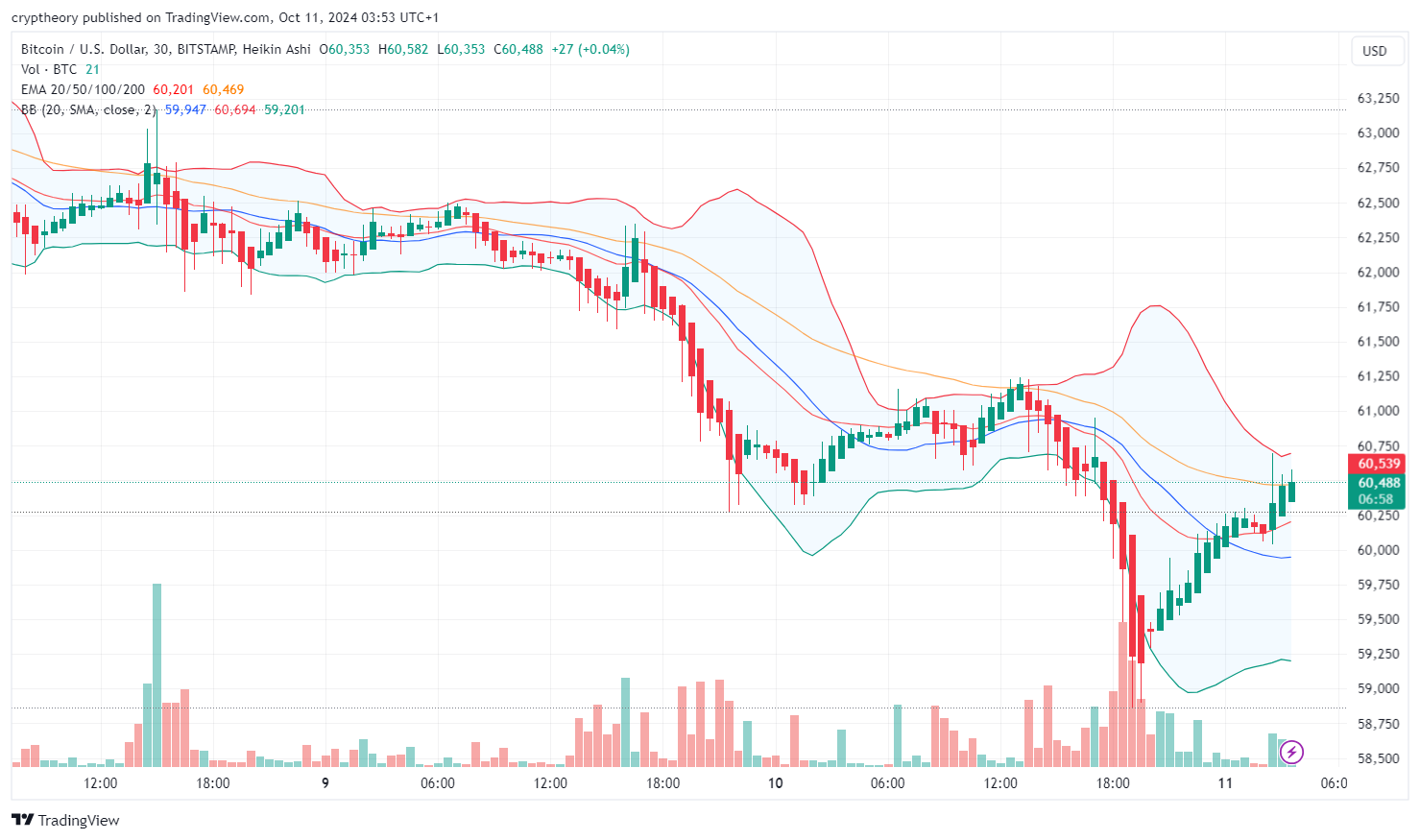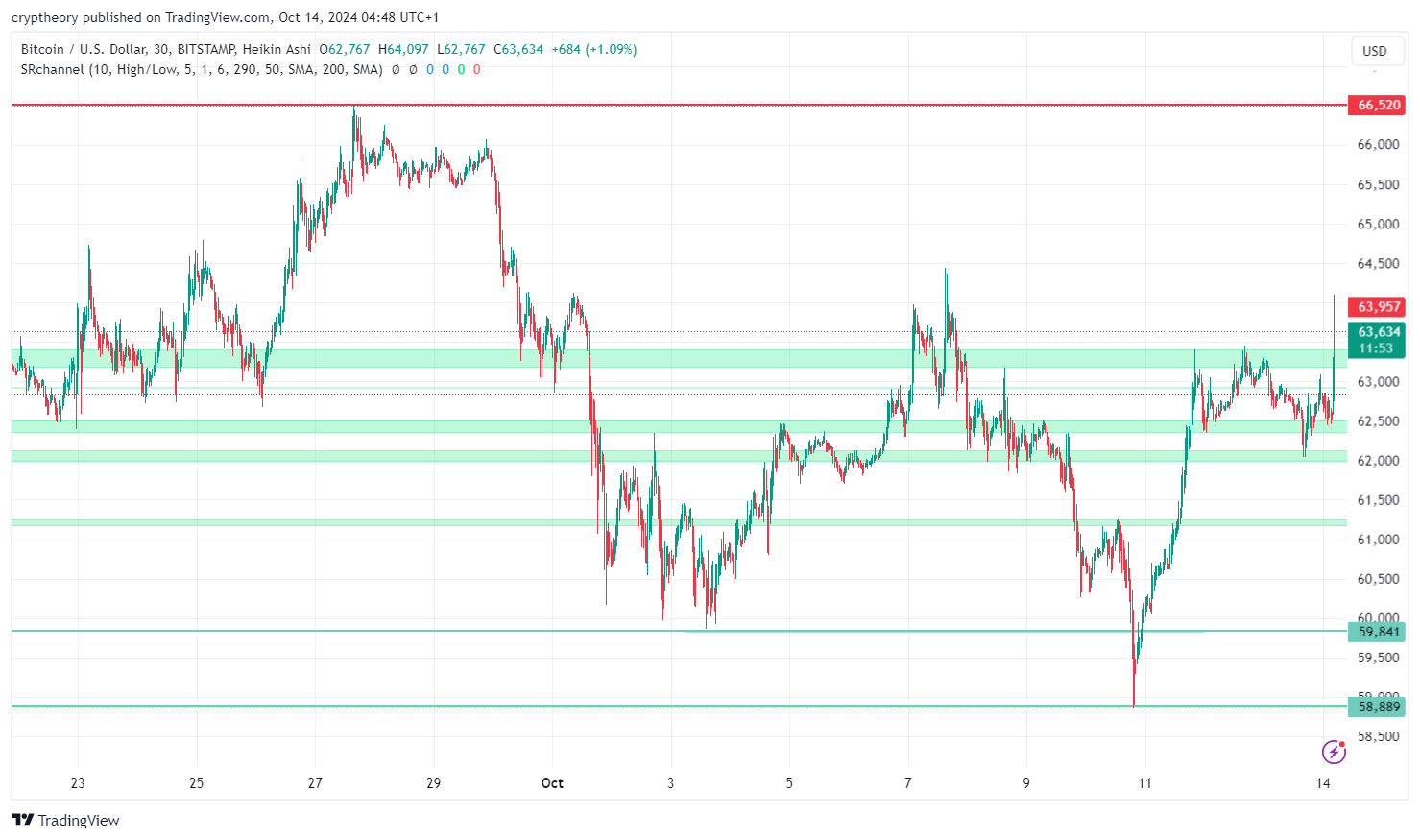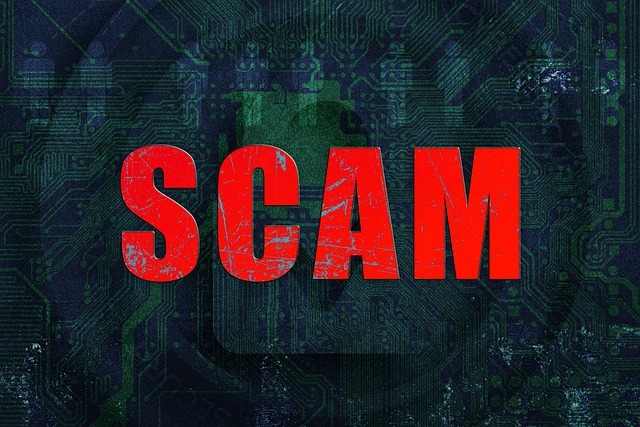Blockchains, LLC made a big splash in 2018 at Devcon, when the tech company announced plans for a “smart city” in the desert outside Reno, Nevada.
That vision has come one step closer to fruition.
According to reporting from the Las Vegas Review-Journal, Nevada Governor Steve Sisolak is pushing a plan for “opportunity zones” that would give large tech companies the power to create their own governments. The semi-autonomous zones would be able to carry out the same functions as county governments, “including the ability to impose taxes, form school districts and justice courts and provide government services.”
The Review-Journal, citing a draft of the legislation that has not yet been sent to the Nevada Legislature, said the proposal would require companies to own 50,000 undeveloped acres of land outside a town. They’d also need $250 million in the bank and to dedicate $1 billion in spending across 10 years.
The zones would be earmarked for “innovative technology,” including blockchains, AI, and robotics. The Governor’s Office of Economic Development would be charged with reviewing applications.
There’s at least one company that may fit that bill. In 2018, Blockchains, LLC purchased 67,000 acres in Storey County, roughly 15 minutes from Reno. The company relocated from California to its cozy 67,000-acre confines in the Tahoe Reno Industrial Center after Nevada lawmakers made overtures to attract disaffected tech companies. For example, it passed a law in 2017 “prohibiting a local government from taxing or imposing restrictions upon the use of a blockchain.”
We are proud to call #Nevada home. We look forward to working with our state’s leaders to make our state a global hub for #innovation and technology. https://t.co/g4B3SjBnZ9
— Blockchains (@BlockchainsLLC) January 20, 2021
The Tesla Gigafactory, where the electric car manufacturer makes batteries, is also located in the Tahoe Reno Industrial Center, as is a Google data center.
Governor Sisolak also seems to think Blockchains would be a good candidate to form an opportunity zone. He namechecked the firm in his January State of the State address—pointing out that welcoming policies toward tech firms could bring more jobs to the state.
The legislation in its current form would give a technocracy in an innovation zone quite a bit of power. Though the innovation zone would initially fall within the county’s purview, it would then become independently run by a three-member supervisory board. According to the Review-Journal, the company would have influence over board seats.
Not everyone is thrilled by the idea. Storey County Commissioner Lance Gilman, who helped broker the sale of the land to Blockchains, told the Review-Journal, “We’re going to want to know that Storey County gets the benefit of the bargain.”
Though it’s a provocative concept in the United States, other countries have used similar concepts. Honduras, for instance, has Zones for Employment and Economic Development, which allows corporations to set up semi-autonomous areas.
Blockchains, LLC hasn’t just been purchasing land to get a smart city off the ground. It’s also been purchasing companies. Since its move to Nevada, it’s acquired both Germany-based slock.it, the company founded by The DAO programmer Christoph Jentzsch, and digital ID company Cambridge Blockchain.























